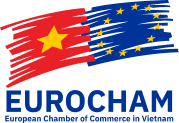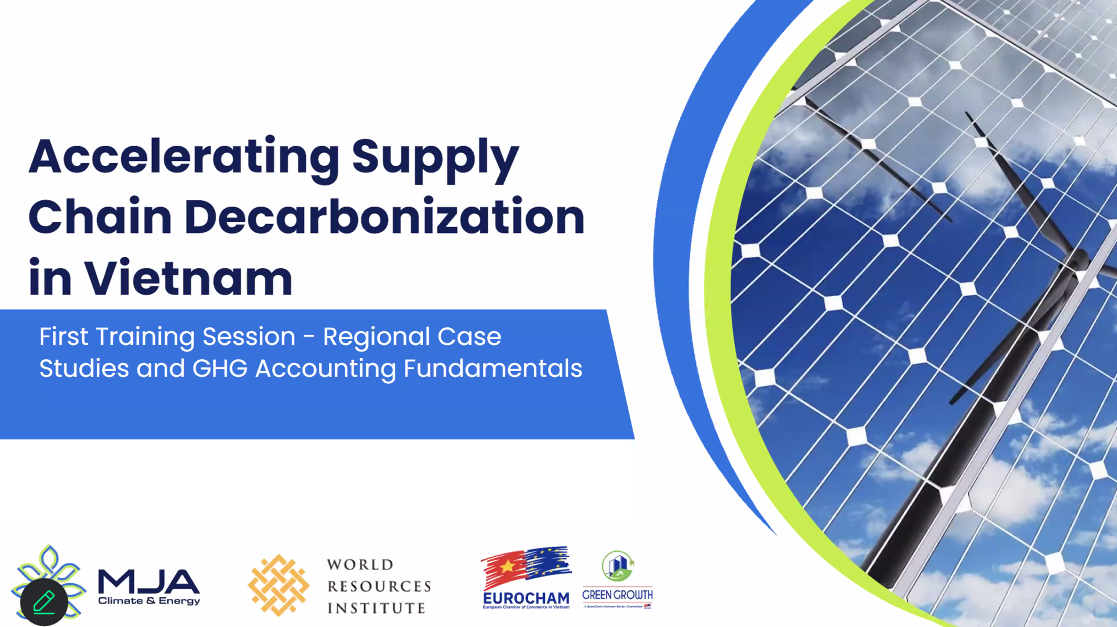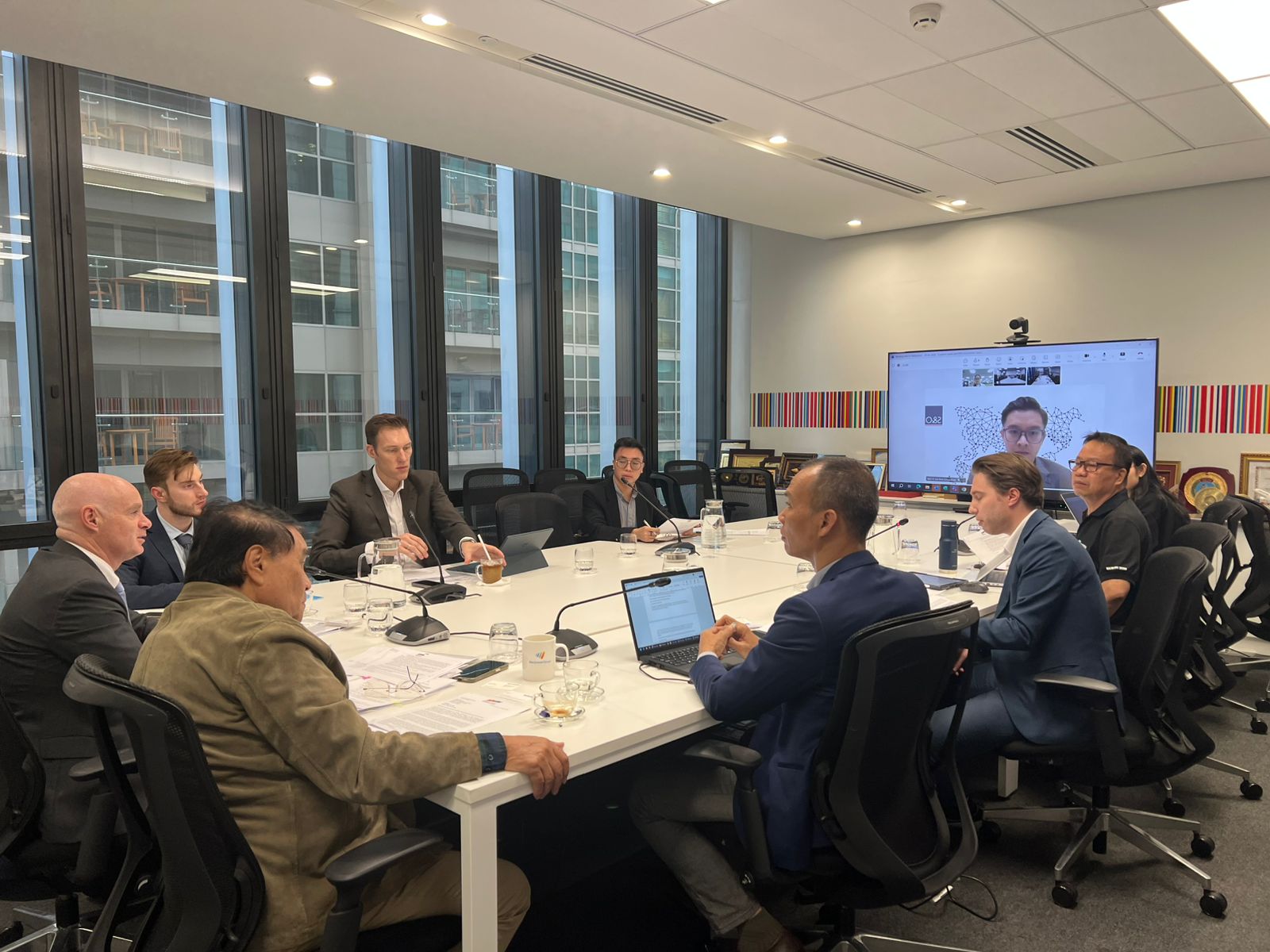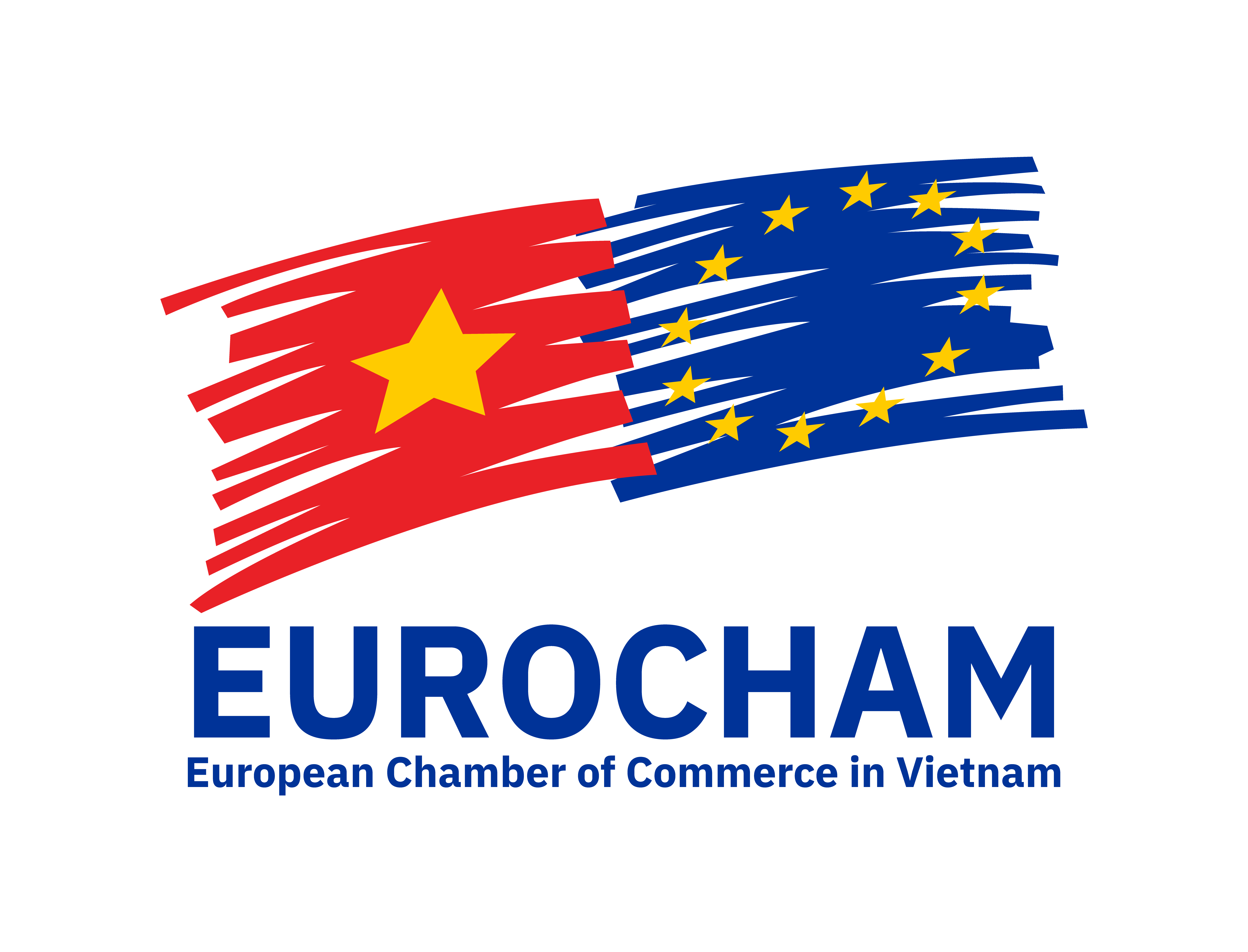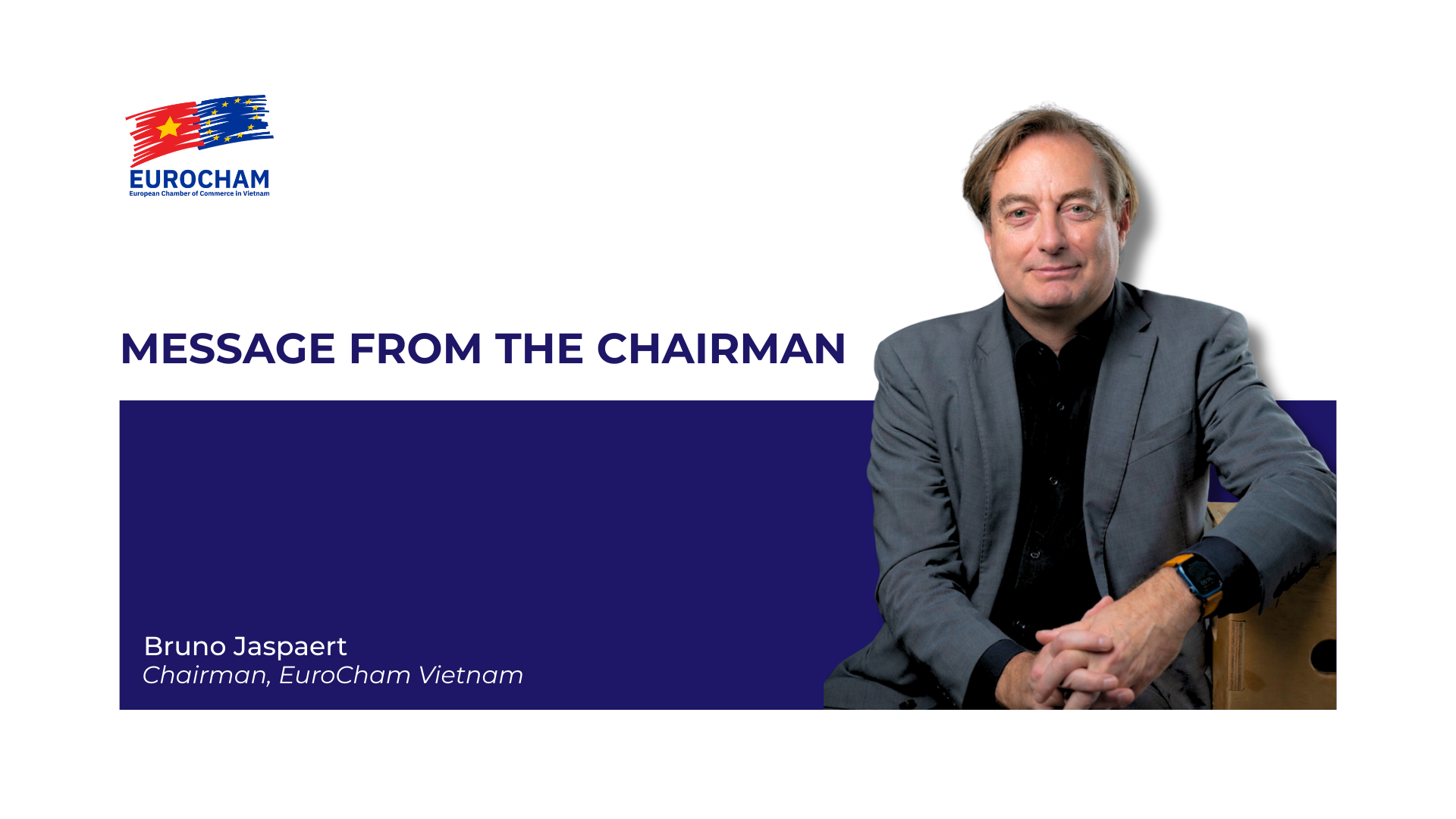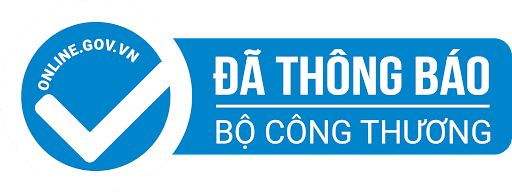On Friday, 21 February 2025, EuroCham’s Green Growth Sector Committee (GGSC) was honored to collaborate with the World Resources Institute (WRI) and its MJA team to organise the first webinar on Accelerating Supply Chain Decarbonisation in Vietnam. This first training session focused on sharing case studies from Indonesia and the Philippines and covered Green House Gas (GHG) Accounting Fundamentals. The webinar attracted approximately 150 participants from Vietnam and other Southeast Asian countries.
In the opening session, Mr. Gabriel Silan, Director of Asia Engine for Net Zero, explained the training session’s goals. He noted that many corporations in the region face challenges in decarbonization, such as reducing GHG emissions in supply chain activities, energy transition cost, and lack of specific knowledge on GHG reduction. He also highlighted Vietnam’s role in the global supply chain and its potential to reduce emissions in the Southeast Asia region.
EuroCham Vietnam’s and GGSC’s Role in Vietnam’s Green Transition
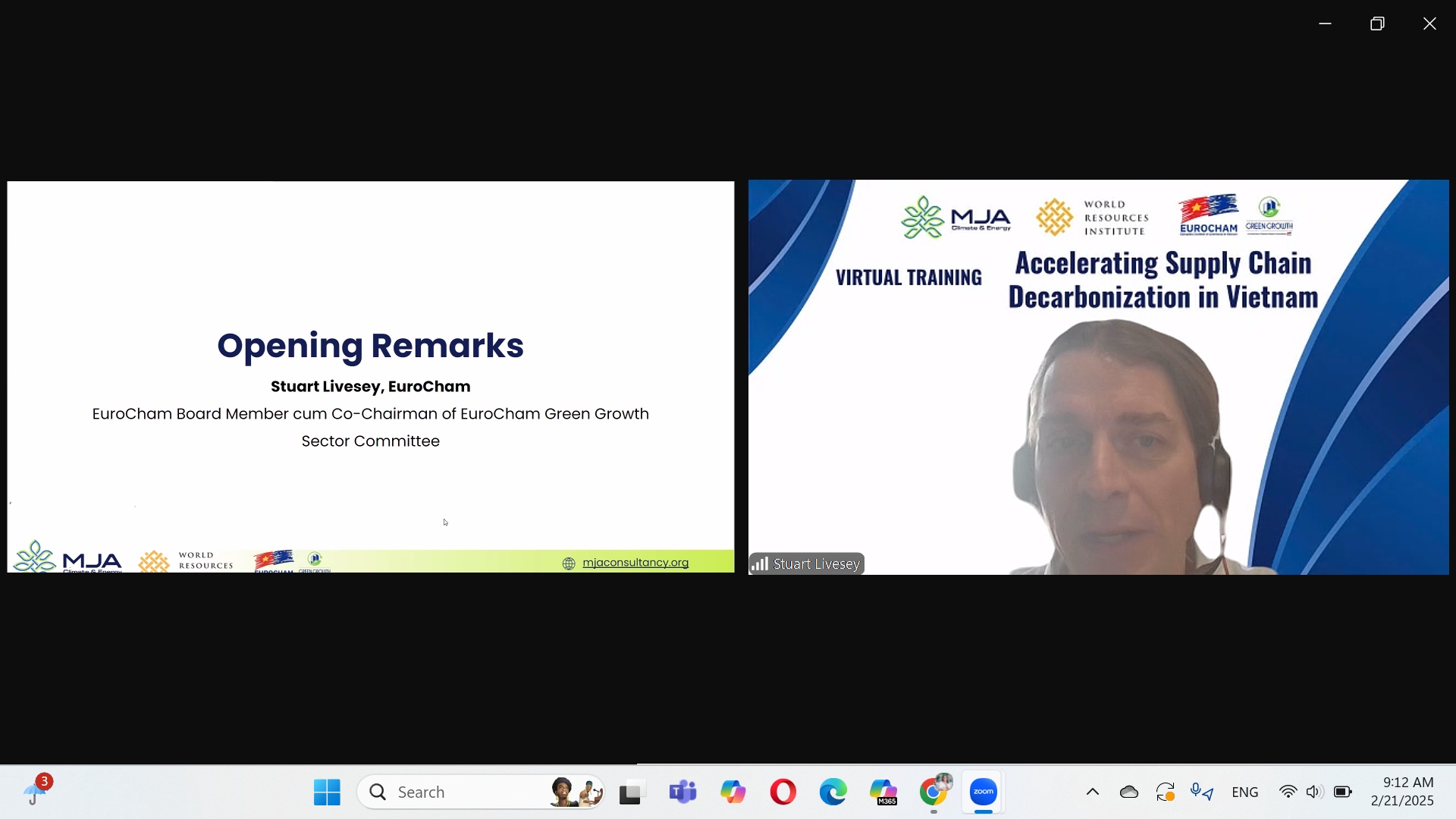
In his opening remarks, Mr. Stuart Livesey, EuroCham Vietnam’s Board member and Co-chairman of its Growth Sector Committee (GGSC), shared that EuroCham, representing 1,400 European businesses in Vietnam, emphasises sustainability and had hosted the Green Economy Forum & Exhibition as a platform for knowledge sharing.
Addressing the challenges of climate change, Mr. Livesey noted that EuroCham Vietnam and its GGSC support businesses in Vietnam’s green transition through advocacy efforts and promoting best practices in green growth. The GGSC also aligns with GHG accounting and sustainable management, ensures ISO-compliant, and hosts sustainable events.
Mr. Livesey further underscored Vietnam’s role in the global supply chain for the garment and electronics industries, both of which were high-emission manufacturing sectors. He recommended that manufacturing companies adhere to global standards when exporting goods to the EU market to meet increasing demands from international buyers for supplier sustainability and foreign investors’ ESG requirements.
Case studies from the Philippines and Indonesia.
Ms. Miya Cornejo from Asia Engine for Net Zero shared decarbonization strategies employed by Philippine companies working toward net-zero. She highlighted key learnings, including the importance of identifying material issues and targeting decarbonization efforts where they have the greatest impact; securing leadership support for strategic prioritization; and aligning with global standards.
Mr. Muhammad Reza, Junior Net Zero Research Analyst at WRI Indonesia, shared decarbonization practices and strategies in the textile industry, highlighting Adidas Indonesia’s efforts in driving decarbonization with SBTi targets. He recommended that manufacturers in the apparel and footwear industry identify the best available technology to procure green power and collect and analyse data for emissions accounting.
Finally, Mr. Quan Nguyen from ENERTEAM emphasised the principles, methodology, and technical process of the eight steps involved in GHG implementation. He also mentioned the policy framework for GHG implementation in Vietnam, such as Decree No. 06/2022/ND-CP on greenhouse gas emission mitigation and ozone layer protection and Circular No. 38/2023/TT-BCT.
EuroCham and its Green Growth Sector Committee are pleased to support businesses in Vietnam in their green transition through our activities, workshops, and policy advocacy. We hope that our efforts will contribute to sustainability in Vietnam and globally.
